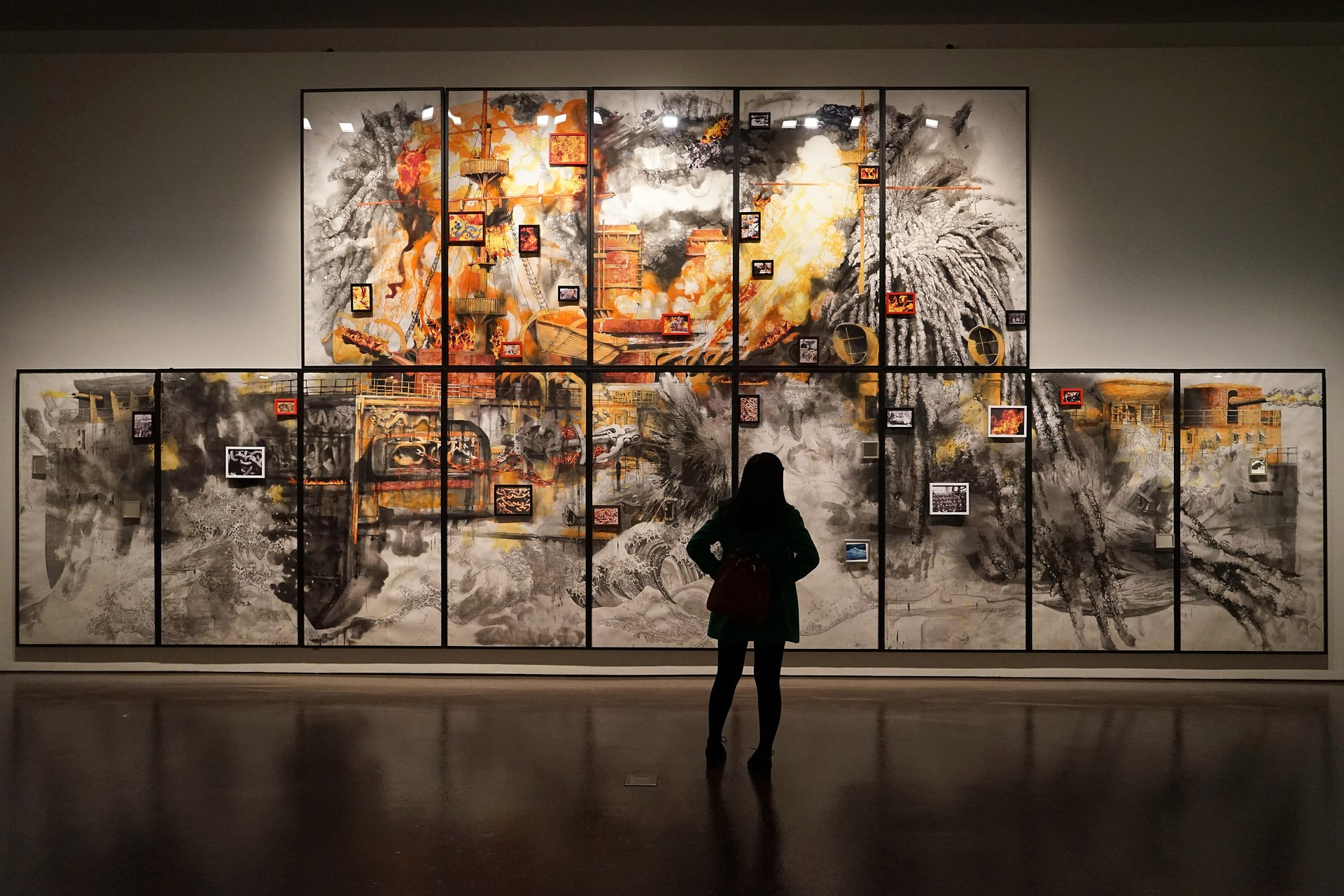Emotional Clarity During Unpredictable Times
When “I’m Fine” Isn’t Cutting It: Making Space For The Truth Without Oversharing
The Pause
At a school event, I was talking with some parents about how troubling the past few months have been. It felt noteworthy that even casual questions like “How are you?” carried extra weight. We found ourselves discussing how much to share in those moments, and how to quickly and honestly express the range of emotions we’ve been feeling in a way that allows for a real exchange.
The Habitual “I’m Fine”
Many of us have learned to keep emotions surface-level and simple rather than go too deep. Maybe you heard, “You think too much,” growing up.
There’s nothing wrong with saying “I’m good.” It can be a helpful boundary, a way to protect your time, avoid awkwardness, or shield someone from your inner world when they may not be equipped to handle it. But when it’s an automatic response, we might be missing something more valuable: the insight that comes from naming what we’re actually feeling.
Without emotional clarity, we can lose track of ourselves.
A World of Mixed Signals
Each day, we’re exposed to a range of experiences and emotions. We may be celebrating milestones like graduations, weddings, and new jobs, while also coping with illness and loss. On top of that, we’re navigating a 24-hour news cycle filled with climate disasters, political instability, and economic uncertainty.
Our conversations may swing from ordinary to surreal. One moment we’re swapping photos and recipes, the next we’re discussing AI-powered weapons that no longer need human input and the future of due process. This isn’t science fiction or some possible future. It’s what’s happening now.
The constant ups and downs of not knowing what to expect are not only uncomfortable but also exhausting. Emotional clarity helps us stay grounded within that swirl.
A More Honest Answer
Lately, when someone asks how I’m doing, I say: “Mixed.”
It feels more accurate. Personally, things are good, and I’m deeply grateful for that. But I’m also aware of how much is changing around us and how little control we have over many of those changes.
Greater awareness brings other questions to the surface, like:
What can I do in this moment?
What do I need to stay grounded?
Emotional clarity makes space for the truth.
Moving Out of Automatic Pilot to Greater Understanding
Letting go of automatic responses doesn’t mean we need to overshare. In fact, the more clarity I have, the less confused and overwhelmed I feel. That self-awareness makes it less likely that I’ll spill out my darkest fears.
Questions for checking in and reflection:
What am I feeling right now?
What do I need, and who is safe to share that with?
How can I honor my values, even in quiet ways?
Self-awareness helps us set boundaries, communicate more honestly, and stay anchored in what truly matters, even when the world is increasingly unpredictable.
Closing Reflection: Start with One Moment of Truth
Next time someone asks how you are, consider taking a moment to reflect after answering. Even if you say “fine,” let it be a conscious choice and notice what else might also be true.
Whatever’s happening around us, we can still choose to focus on what matters most.

